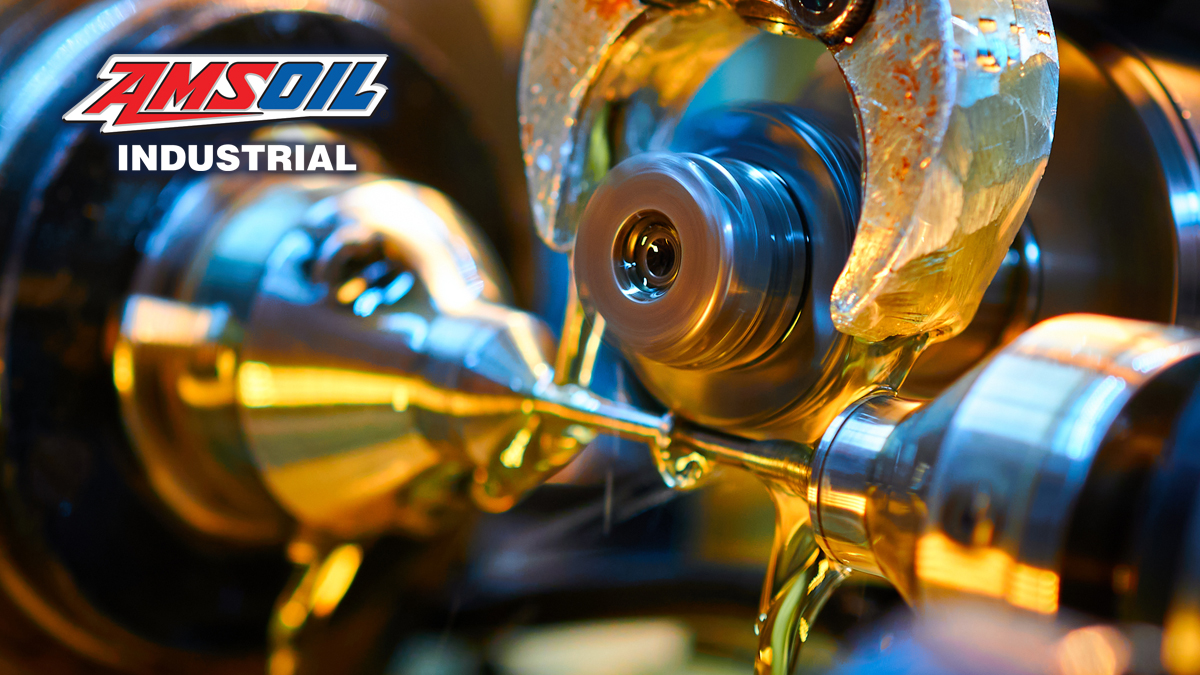Unlocking Performance Through Advanced Additive Technology
Straight oils are prized for their superior lubricity and heat control. But not all straight oils are created equal. The difference between a standard oil and a premium metalworking fluid often comes down to the carefully engineered additives blended into the base oil.
This post examines the roles of key additives, including extreme-pressure (EP) agents, anti-wear components and lubricity enhancers, in enhancing machining performance, extending tool life and improving system reliability.
Understanding Straight-Oil Composition
Straight oils typically consist of:
• A base oil (mineral, synthetic or semi-synthetic) that provides the fundamental lubricating film.
• An additive package that enhances performance under the demanding conditions of metal removal.
The base oil provides viscosity and film strength, but additives tailor the fluid for specific metalworking and metal-forming applications.
Key Additive Types and Their Functions
Extreme-Pressure (EP) Additives
• What they do: EP additives react chemically under extreme pressure and temperature to form a protective boundary layer on metal surfaces.
• Why it matters: Localized contact pressures can be higher than normal lubrication regimes typically handle in metalworking and metal-forming applications. EP additives prevent metal-to-metal contact by forming sacrificial films, drastically reducing the risk of scuffing, scoring and galling.
• Common EP additives: Sulfurized oils, phosphorus compounds and chlorinated paraffins (though modern formulas may avoid chlorinated additives due to environmental and handling concerns).
Lubricity Enhancers
• What they do: These additives improve the oil’s ability to reduce friction beyond what base oils can achieve alone.
• Why it matters: Enhanced lubricity decreases heat generation, prevents built-up edge on cutting tools and improves surface finishes.
• Examples: Fatty acids, esters and synthetic polymers that improve film strength and slipperiness.
Why Premium Additive Packages Matter in Metalworking and Metal-Forming
• Improved Tool Life: Additives reduce wear on cutting edges and grinding wheels, saving on costly consumables.
• Higher Cutting Speeds: Better lubrication and EP protection allow for more aggressive feeds and speeds without risking tool damage.
• Reduced Heat and Burr Formation: Additives help dissipate heat and prevent surface damage, improving part quality.
• Corrosion Protection: Many additives also provide rust and oxidation resistance, preserving both the fluid and machine components.
• Enhanced Forming Precision: Additives reduce friction and material sticking during metal-forming, ensuring smoother operation and better part accuracy.
The AMSOIL Industrial Edge: Innovative Additive Technology
Our premium straight oils are formulated with state-of-the-art additive packages that:
• Deliver superior EP protection tailored for the toughest cutting and grinding environments.
• Include lubricity enhancers designed to maximize surface finish quality and reduce built-up edge.
• Resist oxidation and varnish formation to extend fluid life and maintain system cleanliness.
The best straight oils don’t just lubricate — they actively protect your tools and machines through advanced chemistry. When selecting a metalworking fluid, look beyond base oil viscosity and focus on the additive package.
Learn more about specific additive types and their effect on product performance in our latest article: Lubrication Logic: Understanding the Composition and Functionality of Oil- and Water-Based Metalworking Fluids.
Boost performance with AMSOIL Industrial premium oils and additives. Contact us to find the best solutions for your operation.
